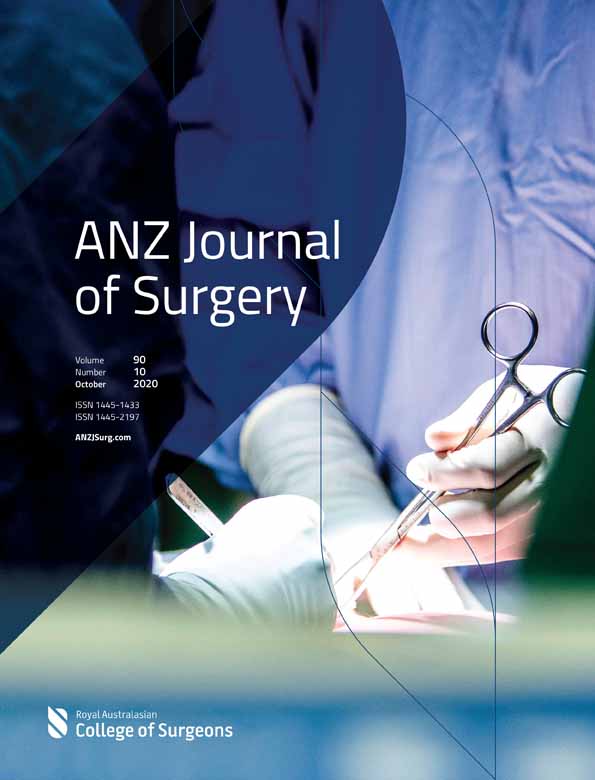Feasibility study of an online modifiable Enhanced Recovery After Surgery protocol with specific focus on opioid avoidance
Abstract
Background
The high and increasing rate of opioid use is a serious issue in the Western world affecting the population's physical and mental health. In most cases, opioid dependency starts with prescriptions by medical professionals, so efforts aimed at reducing in-hospital opioid use should result in less long-term dependency. The aim of the current study was to evaluate the feasibility of implementing an opioid-scarce protocol as part of a new online modifiable Enhanced Recovery After Surgery (mERAS) programme.
Methods
A single-centre retrospective study was conducted comparing a cohort treated under the new opioid-scarce mERAS protocol (n = 96; May 2018–Nov 2018) to those treated under the original ERAS protocol (n = 84; November 2017–April 2018). The primary outcome was the quantity and duration of opioid use.
Results
Fewer patients used fentanyl via intravenous patient-controlled analgesia in the mERAS group (54% versus 70%; P = 0.03). The mERAS group was also less likely to use oral oxycodone (80% versus 99%; P < 0.0001) and for a shorter duration (median 3 versus 5 days; P = 0.0002). More local anaesthetic transversus abdominis plane catheters were used in the mERAS group (34% versus 6% in the control group; P < 0.0001).
Conclusion
Opioid use can be significantly reduced after elective colorectal surgery by employing an opioid-scarce ERAS protocol. Further data is required to confirm the clinical benefits of this approach.
Conflicts of interest
None declared.




